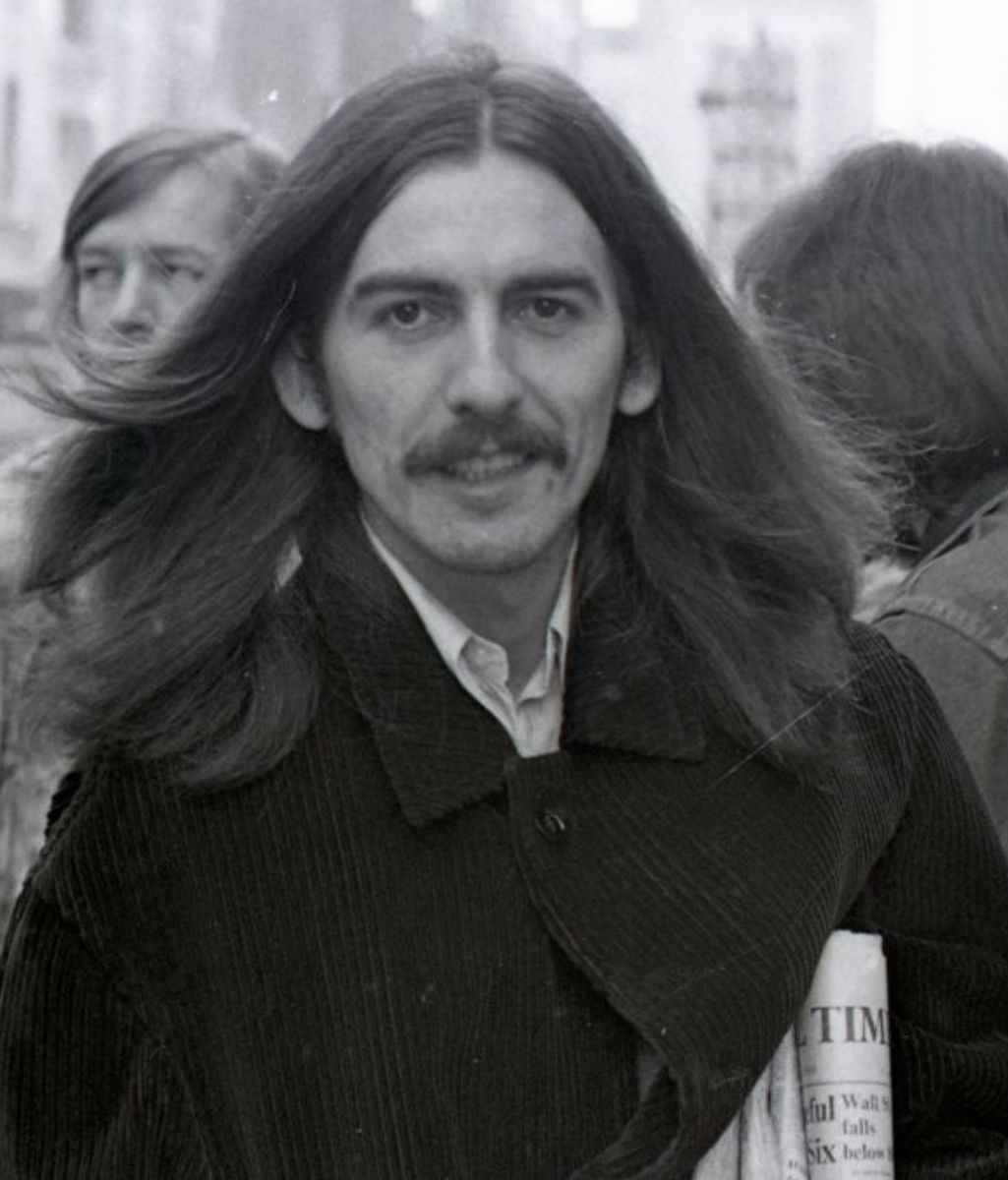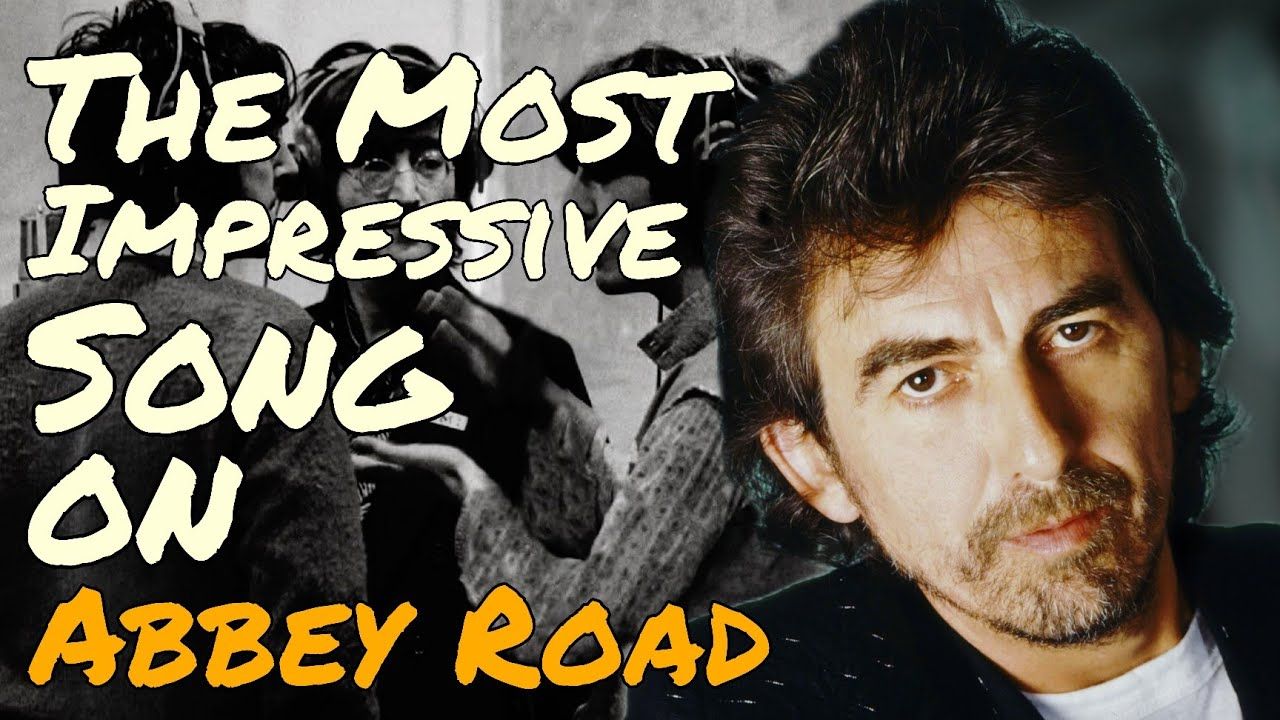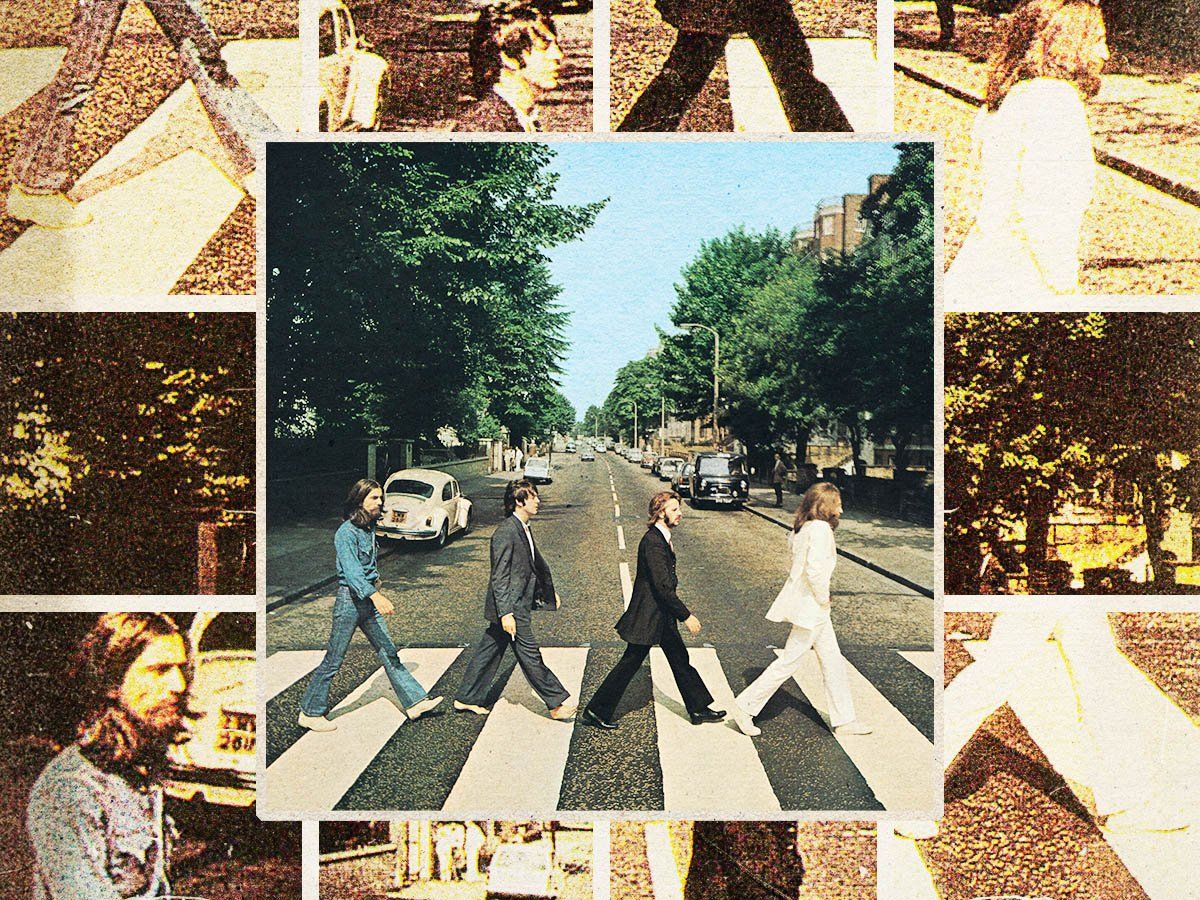
By 1969, the dream was breaking. The Beatles — four men who had once breathed as one — were drifting into silence. The magic that had once seemed effortless now required effort.
In the halls of EMI Studios on Abbey Road, the air was heavy with fatigue, with unspoken grievances, and with the realization that the end was near. Yet out of that tension came a final masterpiece, an album that would stand as both a goodbye and a benediction.
Amid the brilliance of Abbey Road, one song struck George Harrison more deeply than any other. 💬 “You Never Give Me Your Money,” he later said, “that was the most impressive.”
It wasn’t his song. It wasn’t John’s rebellion, either. It was Paul McCartney, alone at the piano, translating exhaustion into melody. The opening lines — “You never give me your money, you only give me your funny paper” — carried the quiet ache of a man trying to make sense of what success had cost. The words weren’t angry, but weary; the tone wasn’t bitter, but bruised. In McCartney’s voice, you could hear both love and resignation — the sound of someone watching a beautiful thing slip away and trying to preserve its grace.

What made the song remarkable, and what George recognized instantly, was its transformation. Midway through, the sadness begins to lift. The tempo shifts, guitars shimmer, and harmonies break open like morning light spilling through a window. The song, which began as lament, becomes release. McCartney’s voice rises, joined by John and George, their harmonies blending in that uncanny, effortless way that only The Beatles could manage. For a few fleeting moments, all the tension vanishes. It’s as if the band remembers who they are — not rivals or businessmen, but brothers bound by sound.
That metamorphosis, from melancholy to radiance, was what George found so impressive. It wasn’t just craftsmanship; it was courage. The ability to acknowledge heartbreak yet still choose beauty. In that respect, You Never Give Me Your Money was not merely a song — it was a mirror of The Beatles themselves, an emotional map of their final days together.

The fragments of melody that McCartney stitched together would later serve as the spine of the album’s medley — a suite that carried Abbey Road to its breathtaking conclusion. Each transition, each reprise, each lyric echoed the band’s attempt to hold on, to finish what they had started even as it slipped away. George, always attuned to the spiritual undercurrents of music, recognized in Paul’s song a kind of grace — the acceptance that endings, too, can be beautiful.
In hindsight, You Never Give Me Your Money feels like a farewell disguised as melody. The lyrics may speak of business frustrations and fading trust, but beneath them runs something purer — a yearning to connect one last time. That yearning gives the song its pulse, its fragile warmth, its enduring magic.
When George called it “the most impressive,” he wasn’t talking about technique. He was talking about truth.
Because Abbey Road, for all its polish, was built on heartbreak. And within that heartbreak, You Never Give Me Your Money stands as a small miracle — proof that even in their final days, The Beatles could still sound whole.
And for George Harrison, that was everything.